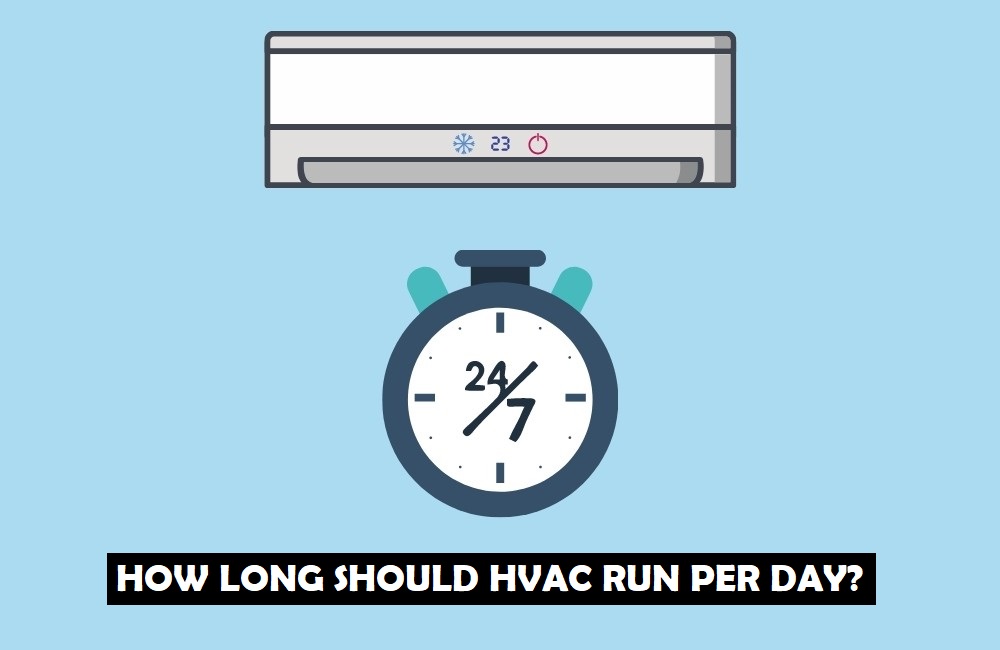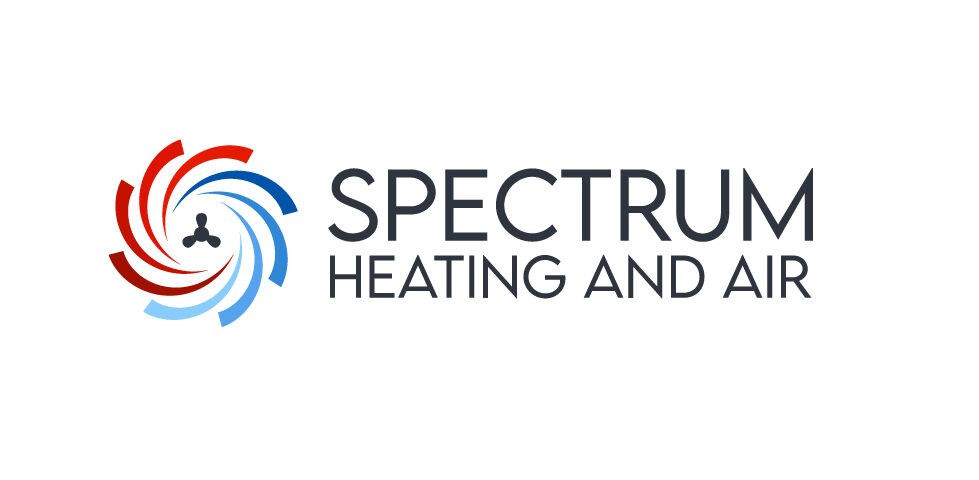As the weather fluctuates, and the seasons change, maintaining a comfortable indoor environment becomes essential. An HVAC (Heating, Ventilation, and Air Conditioning) system plays a vital role in achieving this comfort. However, many homeowners and business owners wonder, “How long should my HVAC run per day?” Finding the right balance between comfort, energy efficiency, and cost is crucial for every HVAC user. In this article, we will explore the factors influencing HVAC runtime and provide insights into setting an ideal runtime for optimal performance.

Factors Influencing HVAC Runtime
Several factors influence how long an HVAC system should run per day. These factors vary from one location to another and from one building to another. Let’s explore some of the key determinants:
Climate and weather conditions
Extreme temperatures, either in summer or winter, can impact how long an HVAC system needs to run. In colder regions, the HVAC system may run longer to maintain indoor warmth, while in hotter regions, it may need to work harder to cool the indoor spaces.
Building insulation and construction
Well-insulated buildings retain temperature better, reducing the need for constant heating or cooling. Properly constructed structures minimize air leaks, helping HVAC systems operate efficiently.
Thermostat settings
The temperature set on the thermostat directly affects the HVAC runtime. Higher temperature settings in summer and lower settings in winter can optimize energy consumption.
Indoor air quality requirements
If a building requires enhanced air filtration or purification, the HVAC system may run longer to maintain indoor air quality.
Occupancy and usage patterns
The number of occupants and their activities impact indoor temperature. A building with many occupants or activities that generate heat may require more HVAC runtime.
Ideal HVAC Runtime
Striking a balance between HVAC runtime, comfort, and energy efficiency is crucial. Experts recommend an average of 6 to 8 hours of runtime per day for an HVAC system to maintain a comfortable environment without excessive energy consumption.
Energy efficiency considerations
Longer HVAC runtime doesn’t always equate to better comfort. It’s essential to consider energy efficiency and the associated costs.
Balancing comfort and cost
Setting the HVAC runtime to match occupancy hours and temperature preferences can help balance comfort and cost-effectiveness.
Recommendations from experts
HVAC manufacturers and professionals often suggest specific runtime patterns based on the system’s capacity and the building’s characteristics.
Setting a Daily HVAC Runtime
To determine the appropriate HVAC runtime for your needs, follow these guidelines:
Tailoring runtime to different seasons
In winter, aim for a lower runtime during the night when the outside temperature drops. In summer, reduce runtime during the cooler parts of the day.
Programming thermostats
Smart thermostats allow you to program different runtime schedules for weekdays and weekends, optimizing energy consumption.
Using setback and setup temperatures
Adjusting the thermostat to a slightly lower or higher setting when the building is unoccupied can save energy without compromising comfort.
The importance of maintenance
Regular HVAC maintenance ensures that the system operates efficiently and reduces the risk of breakdowns.
Signs of Overuse or Underuse
Common issues and their impact
An HVAC system running excessively or insufficiently can lead to comfort problems, high utility bills, and potential equipment damage.
How to address runtime problems
Consult an HVAC technician to identify and address issues affecting the HVAC system’s runtime.
Tips for Optimizing HVAC Runtime
Regular maintenance and servicing
Schedule routine maintenance to keep your HVAC system in top condition and extend its lifespan.
Air filter replacement
Regularly change air filters to maintain good indoor air quality and prevent strain on the HVAC system.
Use of ceiling fans
Ceiling fans can help distribute conditioned air efficiently, reducing the reliance on the HVAC system.
Proper insulation and weatherproofing
Invest in insulation and weatherproofing to minimize energy loss and improve overall system efficiency.
In conclusion, determining the ideal HVAC runtime requires considering various factors, such as climate, building characteristics, and individual preferences. Striving for a balance between comfort, energy efficiency, and cost-effectiveness is the key to making the most of an HVAC system. Regular maintenance, smart thermostat programming, and energy-conscious habits are essential in achieving optimal HVAC performance.




